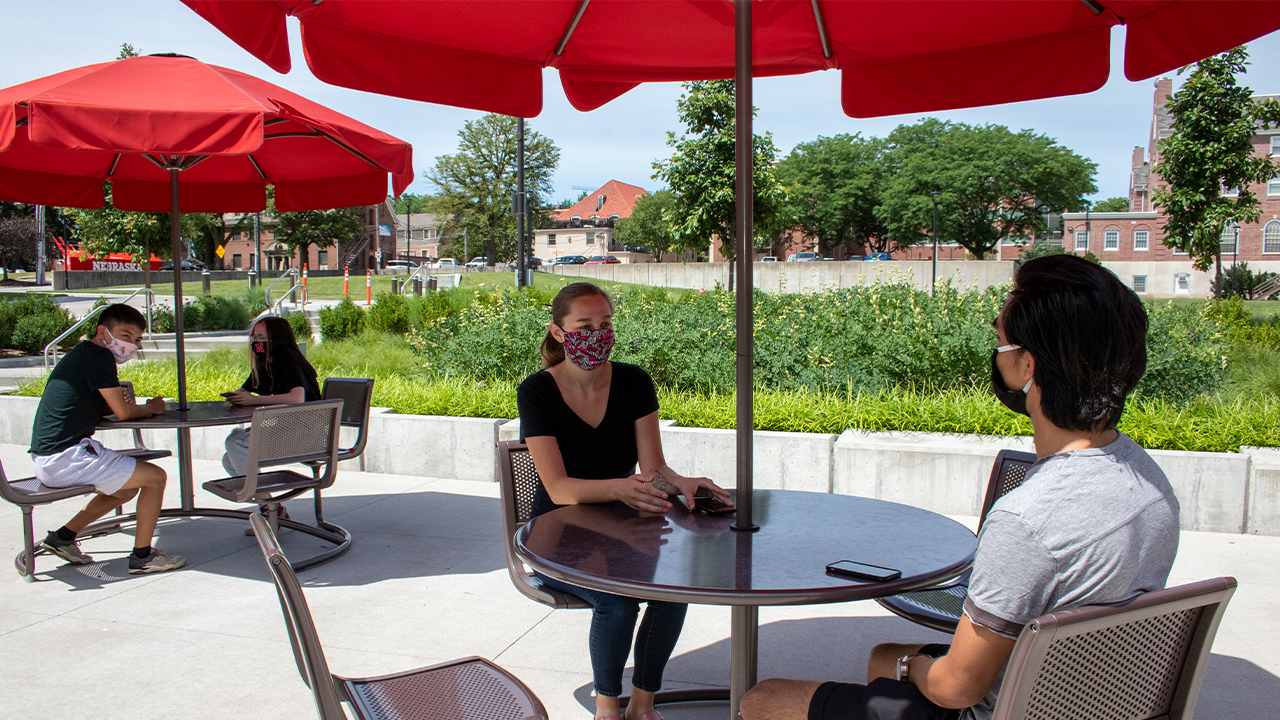Leadership Development

The Social Change Model of Leadership Development (SCM)
The Social Change Model of Leadership Development (SCM) is regarded by leadership educators as the leadership model for the 21st Century. Its purpose is to mold the concept of leadership as an inclusive process by which change is affected for the betterment of others. It is a value-based model of leadership development that revolves around the core of service as a vehicle for social change.
Developed in 1993 by the Higher Education Research Institute of UCLA, The Social Change Model of Leadership Development emphasizes the need to understand self and others in an effort to create community change. It is less about the leader and more about the leadership community. The model is inclusive and designed to enhance the development of leadership qualities in all participants, not just those individuals who hold formal leadership positions. Leadership is viewed as a process rather than a position and the values of equity social justice, self-knowledge, personal empowerment, collaboration, citizenship, and service are explicitly promoted.
The SCM is an approach to leadership development focused on the process of enacting social change from multiple perspectives. The Model approaches leadership as a purposeful, collaborative, values-based process that results in positive social change. It was built upon the following assumptions:
- Leadership is socially responsible; it impacts change on behalf of others.
- Leadership is collaborative.
- Leadership is a process, not a position.
- Leadership is inclusive and accessible to all people.
- Leadership is values-based.
- Community involvement/service is a powerful vehicle for leadership.
Leadership Workshops
Students, faculty or staff may request workshops or individual consultations in any area of leadership. We are prepared to provide one-on-one consultations and education, retreats, workshops, seminars, or classes. Here are some examples:
Individual
- Personality Assessments
- Learning Style Assessments
- Finding Your Strengths
- Determining Your Passion(s)
- Civility in Conversations
- How to Listen for More Than the Answer
Group
- Team Building
- Strategic Planning
- Goal Setting
- Developing Action Plans
- Conflict Resolution
- Etiquette
Community
- Collaboration
- Social Justice Issues
- Understanding and working with change
- Peace & Civility
Leadership and Community Engagement Coaching
Meet one-on-one or in small groups with a professional staff to help identify service and/or leadership opportunities based on your specific needs.